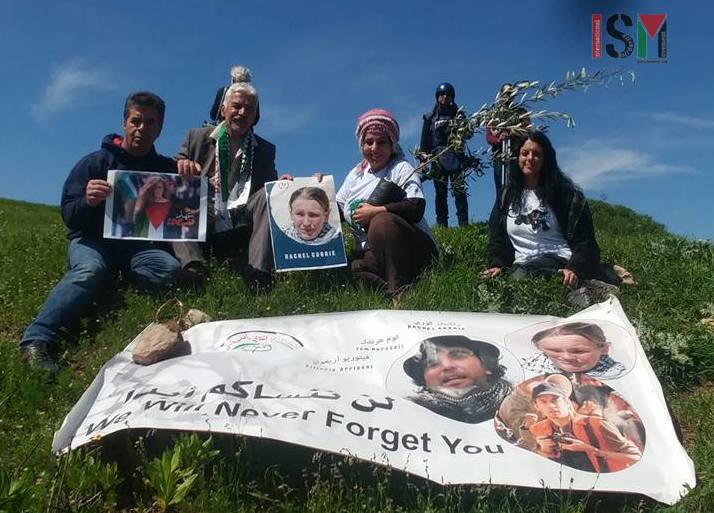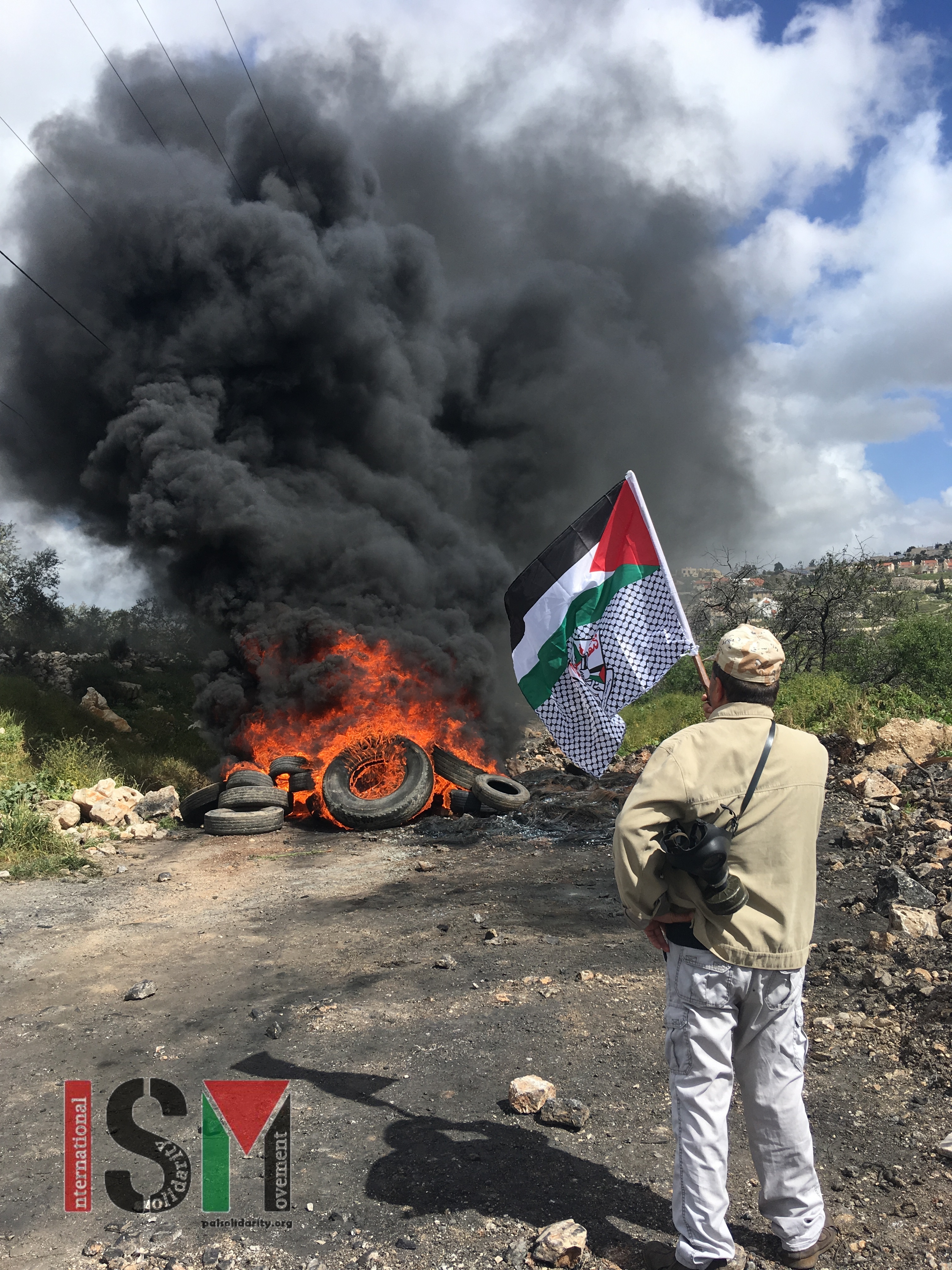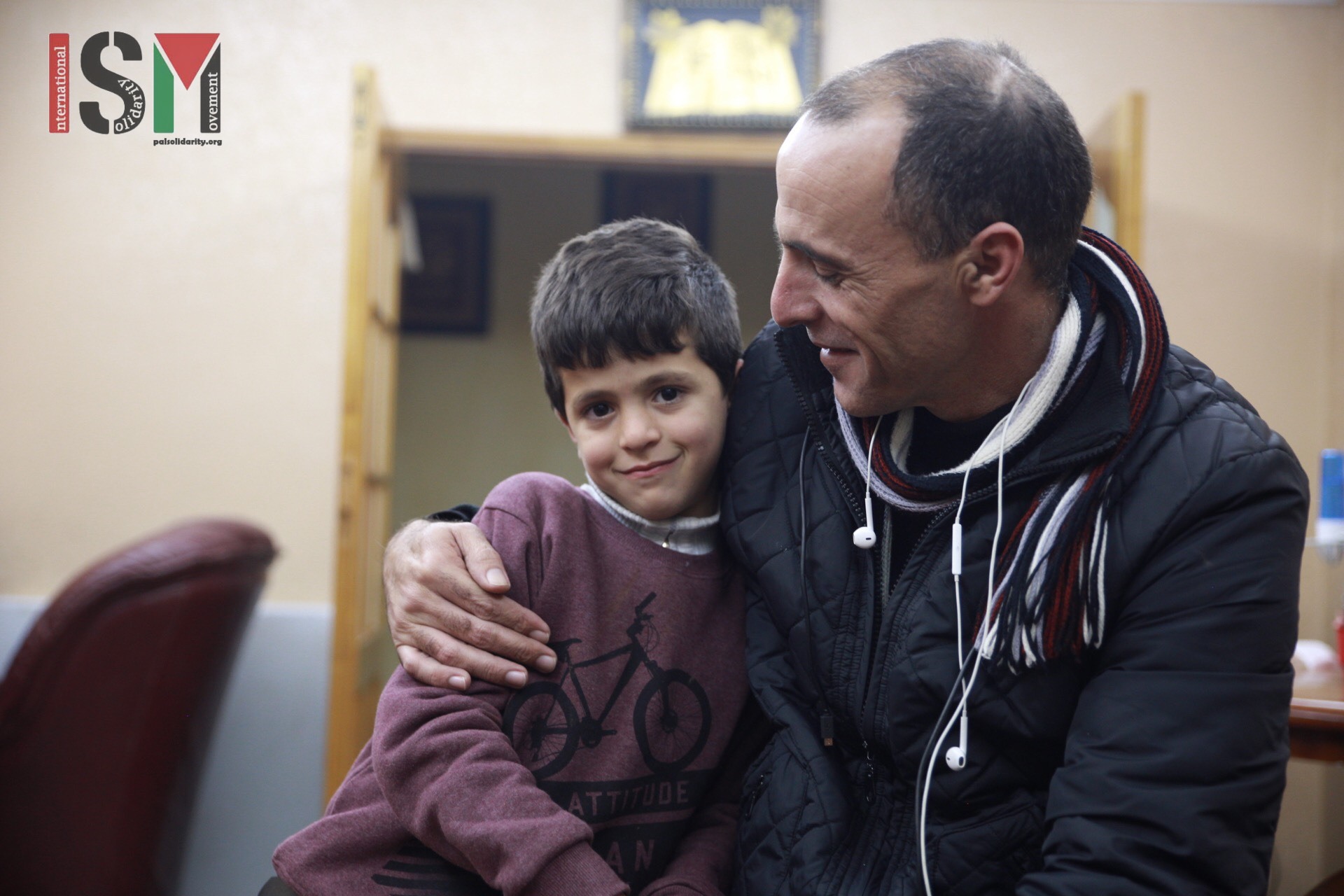Category: Nablus
-
Palestinian and International activists plant olive saplings on village land ordered for confiscation by Israel in Burin
17/03/2018| International Solidarity Movement Palestinians and International activists successfully planted dozens of olive saplings in the north of West Bank in the village of Burin near Nablus. Palestinians and Internationals together laid pictures of prominent activists in front of the planted saplings, some of these activists were killed by the Israeli army others are Palestinian…
-
Israeli armed forces fire live ammunition at protesters in Kafr Qaddum
9th March 2018 | International Solidarity Movement, al Khalil team | Occupied Palestine Today local Palestinian citizens gathered in their village of Kafr Qaddum, protesting against the illegal Israeli settlement of Kadumim and the road blockage that inhibits access to their village. Israeli armed forces fired copious rounds of tear gas, stun grenades, rubber coated…
-
Children traumatised when Israeli soldiers raid schools
12th February 2018 | International Solidarity Movement, Ramallah team | Occupied Palestine This Sunday, 6 Israeli military jeeps with soldiers entered the village of Hares, southwest of Nablus, in order to raid three schools filled with kids of all ages. Around 10 AM about 20 Israeli soldiers tried to enter the school yards of…



